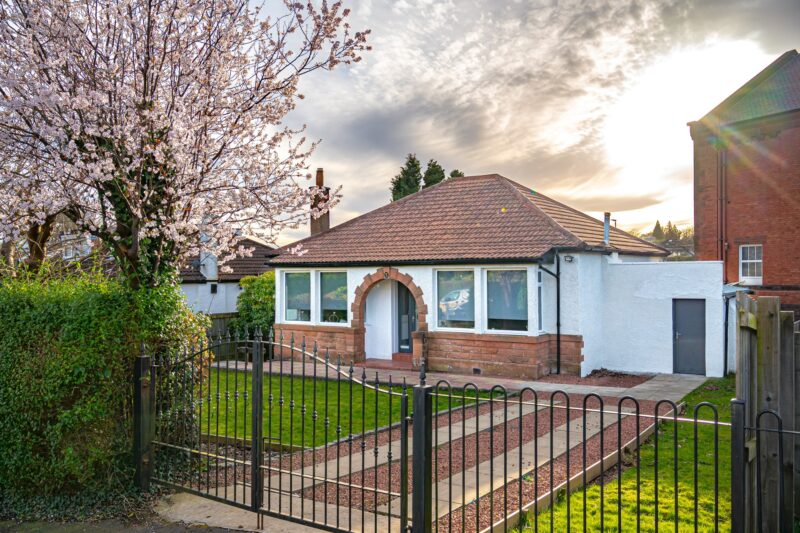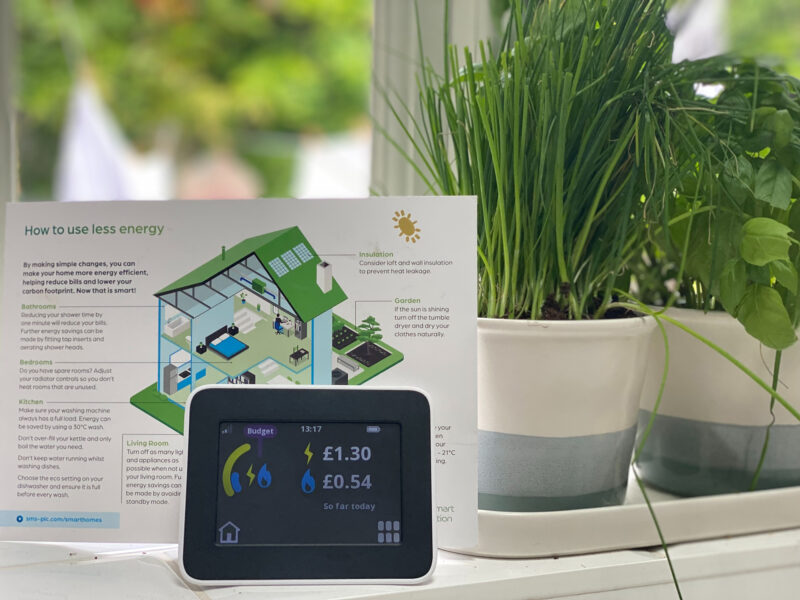
What the Autumn Statement Means for the Housing Market
Last week, Chancellor Jeremy Hunt announced the Autumn Statement following weeks of economic turmoil following the mini-budget.
The budget announced will need to fill a £55bn hole in the government’s finances caused by the mini-budget tax rises. Over half will come from tax rises and half from cuts in government spending.
In brief:
- The stamp duty cut (which was not replicated in Scotland) will be reversed in April 2025
- The energy price cap has been raised to £3,000 from April for one month
- Councils have the power to increase council tax
- The threshold for capital gains tax has been halved from £12,000 to £6,000
- The inheritance tax threshold has been frozen at £325,000
The Chancellor revealed that the UK is indeed in recession, according to The Office for Budgetary Responsibility (OBR) but that once the UK economy has recovered, the pace of fiscal consolidation will increase, with inflation set to lower, which will reduce pressure on the Bank of England to increase interest rates.
The OBR believes that the downturn in the UK economy will be less severe due to the measures in the Autumn Statement, with the economy growing 4.2% this year before contracting to 1.4% in 2023 and recovering to 1.3% in 2024. Inflation will average 9.1% in 2022 before falling next summer. Unemployment may rise from 3.6% to 4.9% in 2024 before falling back to 4.1%.
Income tax and NI
The thresholds for National Insurance for individuals will also be frozen. The income tax thresholds will be frozen for all income rates for six years. The basic tax rate of 20% will be charged on earnings over £12,50, and 40% will be charged on earnings over £50,270 until April 2028. High earners will need to pay the top income tax rate, with the level of income on which the 45% rate is charged reducing from £150,000 to £125,410. Anyone earning over £150,000 will have to pay an additional £1,200.
Stamp duty
The stamp duty threshold in England and Northern Ireland was increased to £250,000 by the previous Chancellor in the mini-budget. Jeremy Hunt did not reverse this. He announced in the Autumn Statement that this increase was temporary, and the threshold would fall back to its previous level of £125,000 after 31 March 2025.
The threshold for first-time buyers is to be cut from £425,000 to £300,000 and £625,000 to £500,000.
Council tax
The cap on council tax increases has been lifted, enabling local authorities to raise more funds. They can raise council tax by 5% without holding a referendum. This will vary from council to council, but the average amount charged on band D will rise from £1,966 to £2,064.
Capital gains tax
This is currently charged at 18% on residential property and j10% on other assets for basic rate taxpayers and 28% and 20%, respectively, for those on a higher tax rate. The first £12,300 of gains are tax-free. The Chancellor announced that this was being reduced to £6,000 from 2023 to £3,000 from April 2024. This could result in landlords selling buy-to-let properties. The tax is not charged on the sale of people’s primary home.
Inheritance tax
The inheritance tax threshold has been frozen at its current level of £325,000, but couples can combine their assets and allowances left to a spouse or civil partner, so it will not be liable for the tax.
A cap on social care costs was due to come into force in October 2023, but this will be delayed by two years. It would limit the total amount individuals spent on social care to £86,000, after which the state would step in to foot the bill.
Benefits
Those on means-tested benefits will receive a one-off £900 cost-of-living payment, and pensioners will receive £300. Those on disability benefits will be entitled to £150. The state pension and means-tested benefits are set to rise by 10.1%, in line with inflation.
People renting their homes from a social landlord will have rent increases capped at 7% for 2023/24.







